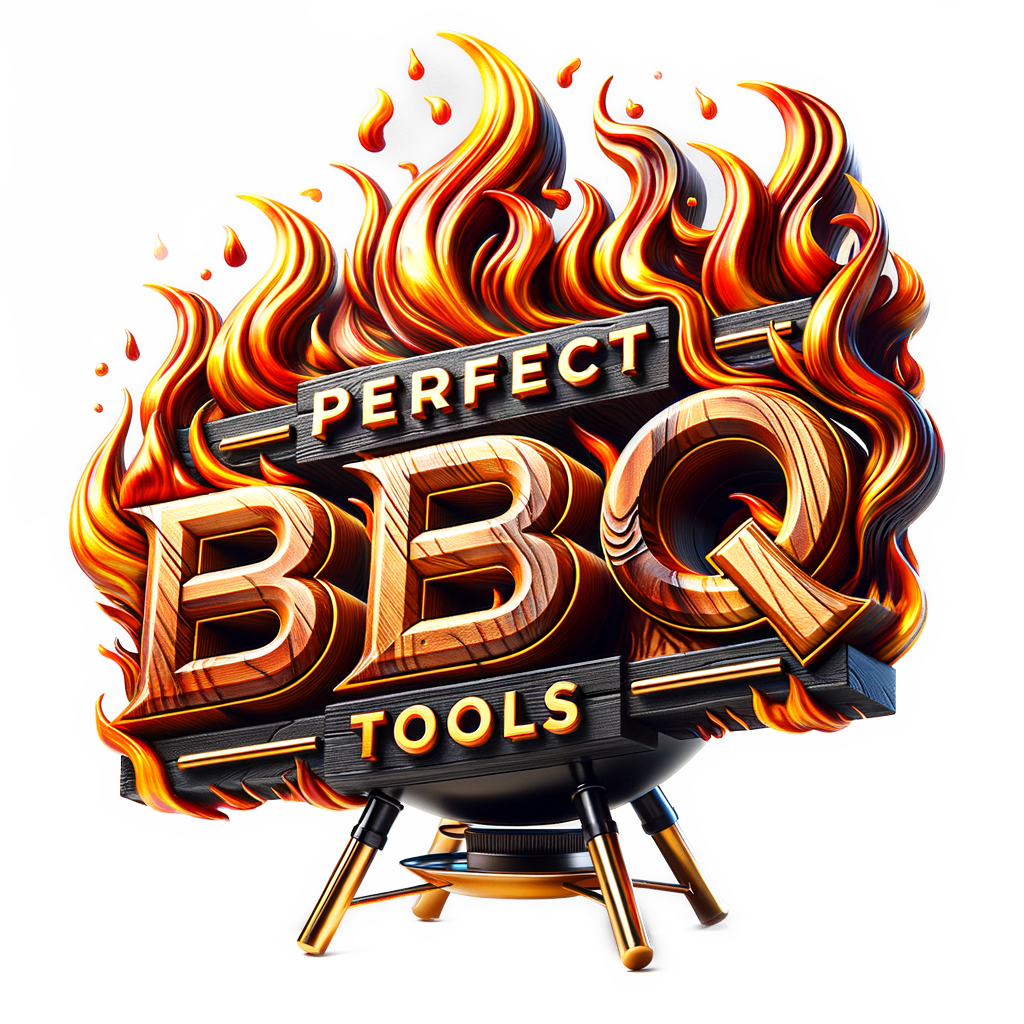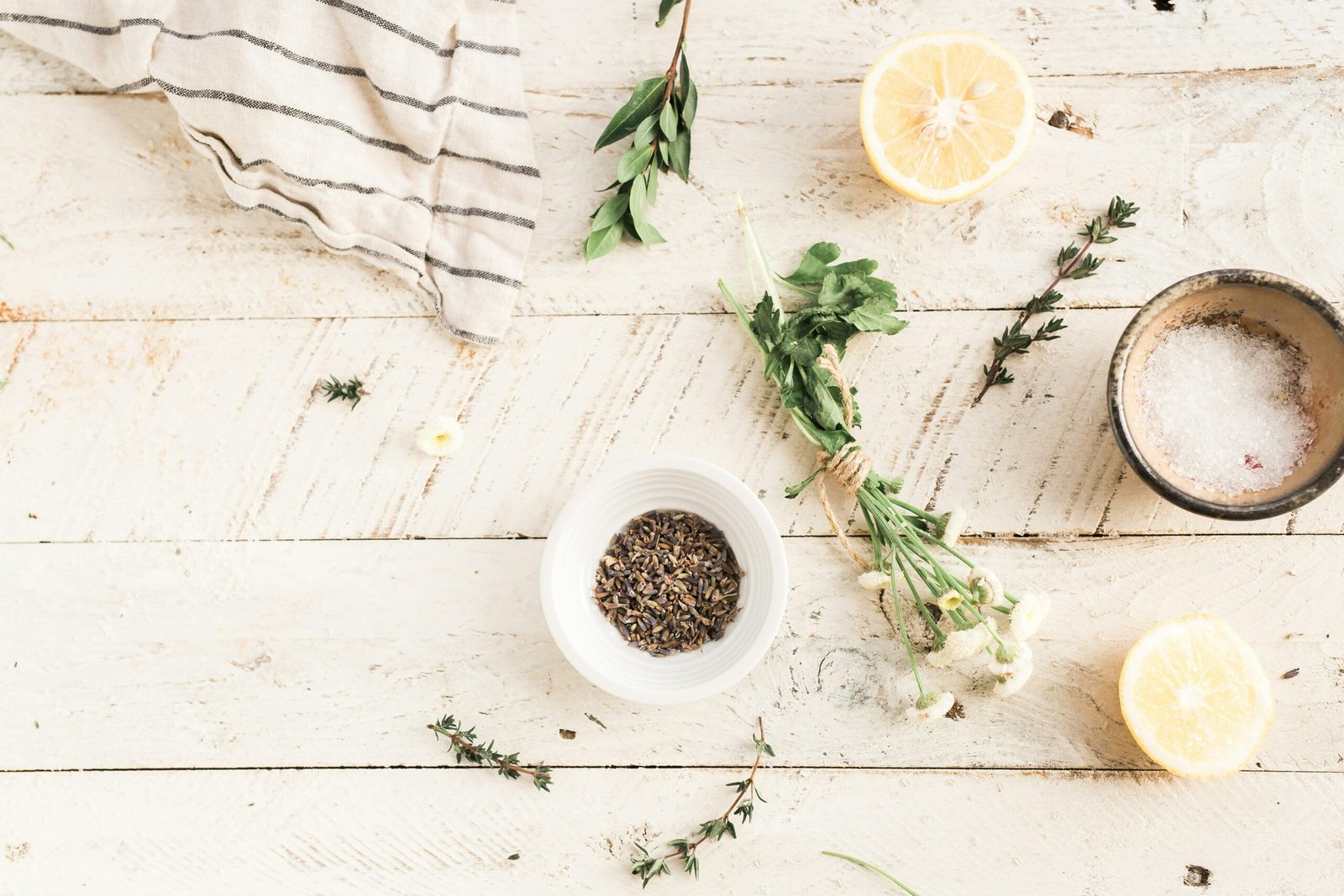Grilling season is upon us, and if you’re ready to fire up that barbecue, it’s essential to have the right tools in hand. But with so many options out there, what exactly are the basic grill utensils you need? From the trusty spatula to the indispensable tongs, this article will guide you through the must-have tools that will make your grilling experience a breeze. So, grab your apron and let’s explore the world of essential grill utensils together! Grill utensils are an essential part of any grilling experience. They allow you to handle and cook your food with ease and precision, ensuring that you achieve the perfect results every time. From grill tongs to meat thermometers, each utensil plays a crucial role in enhancing your grilling capabilities. In this comprehensive guide, we will explore the importance and functionalities of various grill utensils, as well as provide tips for choosing the right ones and maintaining them properly. Let’s dive in and discover everything you need to know about these essential tools!
Grill Tongs
Grill tongs are a must-have tool for any grilling enthusiast. Their importance cannot be overstated as they enable you to flip, lift, and handle your food on the grill safely and efficiently. When choosing grill tongs, there are two key features to consider: length and material.
The length of the tongs is crucial for ensuring your safety while grilling. Opt for tongs that are long enough to keep your hands at a safe distance from the heat, reducing the risk of burns or accidents. A length of around 16 to 18 inches is generally recommended for comfortable and safe grilling.
In terms of material, stainless steel is the go-to choice for grill tongs. Stainless steel tongs are durable, heat-resistant, and easy to clean, making them perfect for grill use. Look for tongs with a locking mechanism that allows for easy storage and transport. This will not only save space but also prevent any potential injuries while handling them.
To properly use and maintain your grill tongs, be sure to apply a light coating of cooking oil on the hinge to prevent rust. Clean the tongs thoroughly after each use, either by hand washing or in a dishwasher if they are dishwasher safe. Remember to dry them completely before storing to avoid any moisture-related damage.
Grill Spatula
A grill spatula is another indispensable tool in your grilling arsenal. It serves multiple functions, from flipping burgers to removing delicate foods like fish from the grill. When selecting a grill spatula, consider the size, shape, and material to ensure optimal performance.
The size of the spatula should match the size of the food you typically grill. A wider spatula is ideal for flipping larger items like steaks or whole fish, while a narrower one is more suitable for flipping smaller foods like veggies or shrimp. Opt for a spatula with a long handle to keep your hands safe from the heat.
Regarding the shape, a slotted spatula is preferable as it allows excess grease and juices to drain away, preventing flare-ups and keeping your food crisp. Look for a spatula with a sturdy and heat-resistant material such as stainless steel or heat-resistant nylon. These materials offer durability, ease of cleaning, and heat resistance.
To ensure effective usage of your grill spatula, apply a light coating of oil on the spatula head before grilling to prevent food from sticking. When cleaning, hand wash the spatula with warm soapy water and dry it thoroughly. Avoid using abrasive cleaners or metal scrubbers that can damage the spatula’s surface.
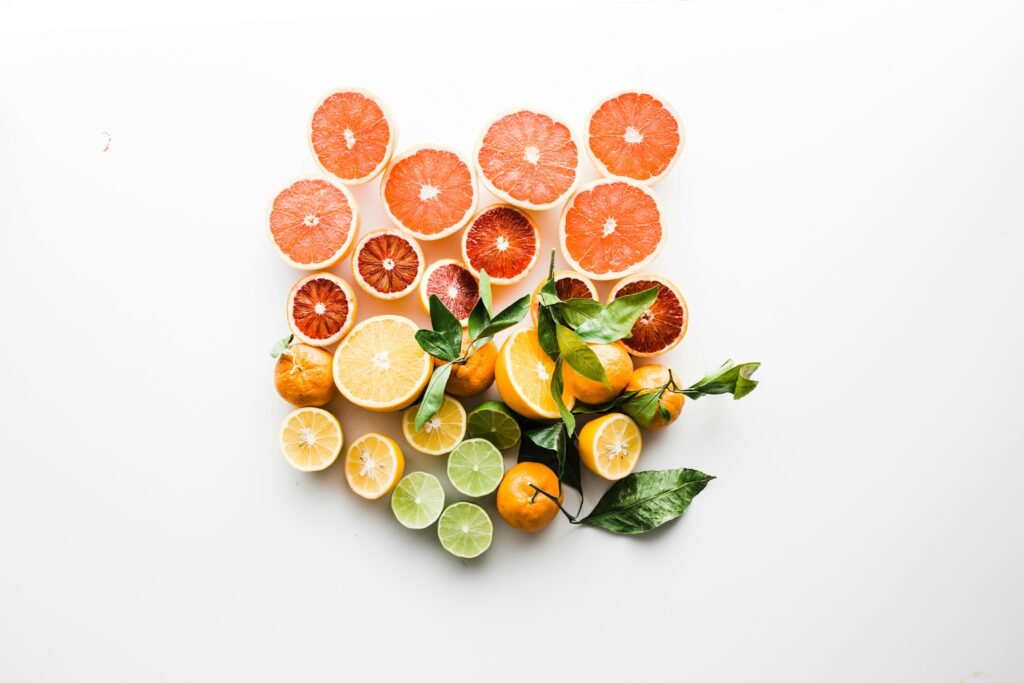
Basting Brush
A basting brush is a versatile tool that allows you to apply marinades, sauces, or glazes to your food while it’s on the grill. Functionality is key when choosing a basting brush, and one of the main considerations is the choice of bristle material.
There are two common types of bristle materials for basting brushes: natural bristles and silicone bristles. Natural bristles, often made from boar hair, provide excellent absorption and distribution of liquids, resulting in a more even coating. However, they can be harder to clean and may retain odors or flavors.
On the other hand, silicone bristles are easy to clean, heat-resistant, and do not retain flavors or odors. They are also more hygienic since they are less likely to harbor bacteria. Silicone basting brushes are a popular choice among grillers due to their durability and ease of use.
To clean and care for your basting brush, rinse it with warm soapy water after each use. If you’re using a natural bristle brush, be sure to remove any leftover food particles from the bristles to prevent bacterial growth. Silicone brushes can be cleaned in the dishwasher for added convenience.
Grill Gloves
Grill gloves are an essential accessory for every grilling enthusiast. They provide vital protection for your hands and arms while handling hot grills, pans, or food. When it comes to grill gloves, it’s important to understand the different types and choose a pair with the right heat resistance.
There are various types of grill gloves available, including standard fabric gloves, neoprene gloves, and silicone gloves. Standard fabric gloves often feature a heat-resistant outer layer and a comfortable inner lining, providing a good balance between protection and dexterity. Neoprene gloves offer excellent heat resistance, durability, and water resistance, making them suitable for more intense grilling sessions or even handling smokers. Silicone gloves provide a high level of heat resistance, grip, and flexibility, allowing for greater control while handling hot grill grates or food.
To choose the right glove, consider the temperature you typically cook at and the level of dexterity you require. Always check the manufacturer’s specifications for the glove’s heat resistance and use them accordingly to ensure your safety.
When it comes to cleaning and care, fabric and neoprene gloves are often machine washable and can be air-dried. Silicone gloves can be cleaned with warm, soapy water or placed in the dishwasher for convenience. Ensure that the gloves are completely dry before storing them to prevent mold or mildew.
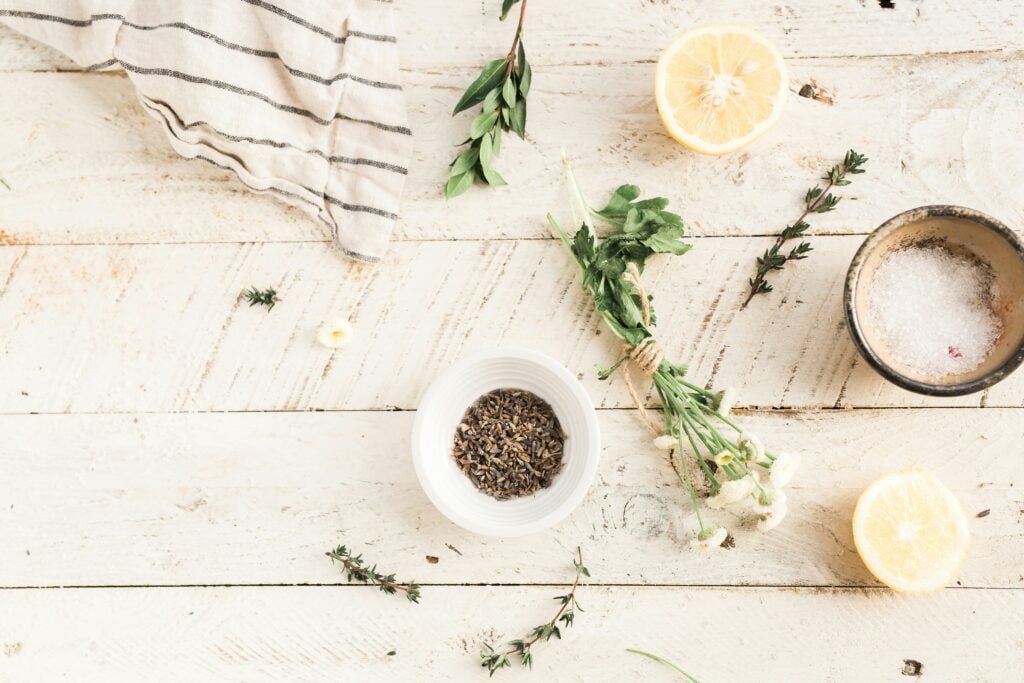
Meat Thermometer
A meat thermometer is a crucial tool for any grill master who wants to achieve perfectly cooked and safe-to-eat meat. It allows you to monitor the internal temperature of your food, ensuring that it reaches the appropriate level of doneness and eliminating the risk of undercooked or overcooked meals.
When selecting a meat thermometer, it’s important to understand the different types and their ratings. There are instant-read thermometers and leave-in thermometers. Instant-read thermometers provide a quick temperature reading when inserted into the food, while leave-in thermometers are designed to be left inside the meat throughout the cooking process, allowing for continuous monitoring.
Thermometer ratings indicate the temperature range they can measure. Make sure to choose a thermometer with a range suitable for your grilling needs. Calibration is also crucial for accurate temperature readings, so check the manufacturer’s instructions for calibration procedures.
Proper cleaning and storage are essential to maintain the accuracy and longevity of your meat thermometer. Wash the thermometer probe with warm soapy water after each use, making sure to remove any food debris. Some thermometers are dishwasher safe, while others require hand washing. Store the thermometer in a safe place, away from extreme temperatures and humidity, and handle it with care to avoid damage to the probe.
Grill Brush
A grill brush is an indispensable tool for keeping your grill grates clean and preventing food from sticking. Regularly cleaning your grill grates not only improves the taste and quality of your food but also extends the lifespan of your grill.
When choosing a grill brush, two main factors to consider are the bristle material and design. Bristle materials commonly used in grill brushes include stainless steel, brass, and nylon. Stainless steel bristles are durable and heat-resistant, while brass bristles are softer and may be better suited for delicate grates. Nylon bristles are non-abrasive and safe to use on porcelain or coated grates.
Design also plays a role in the effectiveness of the brush. Look for a brush with a long handle to keep your hands away from the heat. Some brushes come with additional features such as scraper edges or steam cleaning capabilities, which can make the cleaning process more efficient.
To properly clean your grill with a brush, preheat the grill on high for several minutes to loosen any residue and then scrub the grates using back-and-forth motions. It’s important to clean the grill while it’s still hot for easier removal of charred bits. After cleaning, rinse the grates with water and inspect them to ensure they are free of any remaining debris.
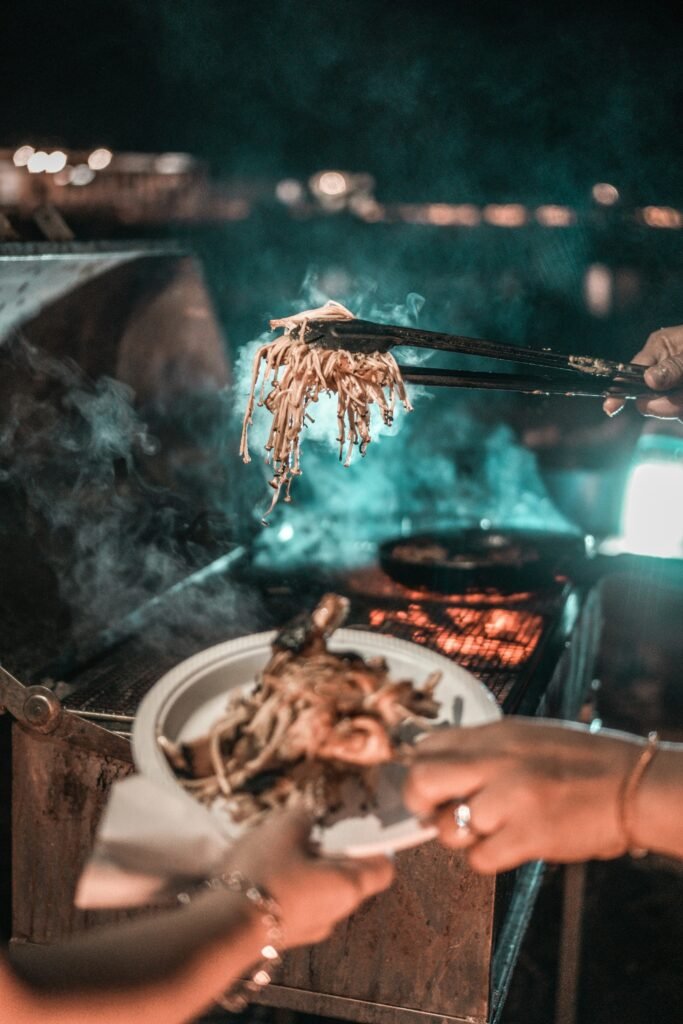
Skewers
Skewers are versatile grilling tools that allow you to create delicious kebabs or skewered appetizers. When it comes to skewers, you have the option of choosing between metal skewers or bamboo skewers, each with its own advantages and considerations.
Metal skewers, typically made of stainless steel, are reusable and provide durability and heat conductivity. They are ideal for grilling larger pieces of meat or veggies, as they hold the food securely and allow for even cooking. Ensure that the skewers have a flat design or a twist at the end to prevent food from spinning.
Bamboo skewers, on the other hand, are disposable and offer convenience and affordability. They are great for small portions or single-use occasions. Soak bamboo skewers in water for at least 30 minutes before grilling to prevent burning. This will also help to keep the food moist by creating steam during the grilling process.
When using skewers, it’s important to thread the food carefully, allowing enough space between each piece for even cooking. Rotate the skewers periodically to ensure that all sides of the food are evenly grilled. After grilling, make sure to remove the food from the skewers using tongs or a fork to avoid any potential injuries.
Grill Basket
A grill basket is a versatile accessory that allows you to cook small or delicate foods without the fear of them falling through the grates. It is especially useful for grilling vegetables, shrimp, or smaller cuts of meat that might easily break apart or stick to the grates.
When choosing a grill basket, size and material are the key factors to consider. The size of the basket should match your grilling needs and the amount of food you typically cook. Look for a basket with a sturdy build and a durable non-stick coating to prevent food from sticking and to ease cleanup.
Grill baskets are typically made of stainless steel or coated metal. Stainless steel baskets are durable and heat-resistant but may require some extra care to prevent food from sticking. Coated metal baskets, on the other hand, provide a non-stick surface that makes grilling and cleaning easier but may require more gentle handling to avoid damaging the coating.
The advantages of using a grill basket are numerous. It allows for even cooking, prevents food from falling through the grates, and makes it easier to flip or stir the food while grilling. It also ensures that the food retains its shape and integrity, delivering perfectly grilled results every time.
Grill Fork
A grill fork is a versatile tool that allows you to handle and turn your food on the grill with precision. While often overlooked, a good grill fork can make a significant difference in your grilling experience. When choosing a grill fork, consider the material and design.
Stainless steel is an excellent choice for grill forks as it provides durability, heat resistance, and ease of cleaning. Look for a fork with sturdy tines that securely hold the food without puncturing or shredding it. Opt for a longer fork with a comfortable handle to keep your hands safely away from the heat.
To ensure proper usage and cleaning, always use the fork to pierce the food without excessive force to avoid damaging the texture or letting valuable juices escape. After grilling, clean the fork by hand washing with warm soapy water and drying it thoroughly. Avoid using abrasive cleaners or scrubbers that can scratch the surface of the fork.
Grill Cover
A grill cover is an essential accessory for protecting your grill from the elements and extending its lifespan. It not only shields your grill from rain, sun, and snow but also prevents dust, dirt, and debris from accumulating inside the grill, keeping it clean and ready for your next grilling session.
When choosing a grill cover, there are three main factors to consider: size, material, and design. The cover should fit snugly over your grill, providing full coverage and protection. Measure your grill’s dimensions to ensure a proper fit or look for covers specifically designed for your grill model.
The material of the cover should be durable, weather-resistant, and UV-resistant. Look for covers made of high-quality polyester or heavy-duty vinyl, as they offer excellent protection against the elements. Reinforced seams and handles can also be beneficial for ease of use and longevity.
Proper maintenance and care of the grill cover are essential to ensure its effectiveness and longevity. Regularly clean the cover by wiping it down with a damp cloth or sponge. If it’s heavily soiled, use mild soapy water and rinse thoroughly. Allow the cover to dry completely before storing it to prevent mold, mildew, or damage.
In conclusion, having the right grill utensils is crucial for a successful grilling experience. From tongs to spatulas, basting brushes to meat thermometers, each tool serves a unique purpose and contributes to the overall efficiency and safety of your grilling process. By understanding the importance of these utensils and considering the key features, materials, and maintenance tips discussed in this article, you can elevate your grilling skills and enjoy mouthwatering results every time you fire up the grill. So, stock up on these essential grill utensils and get ready to impress your friends and family with your grilling expertise! Happy grilling!
